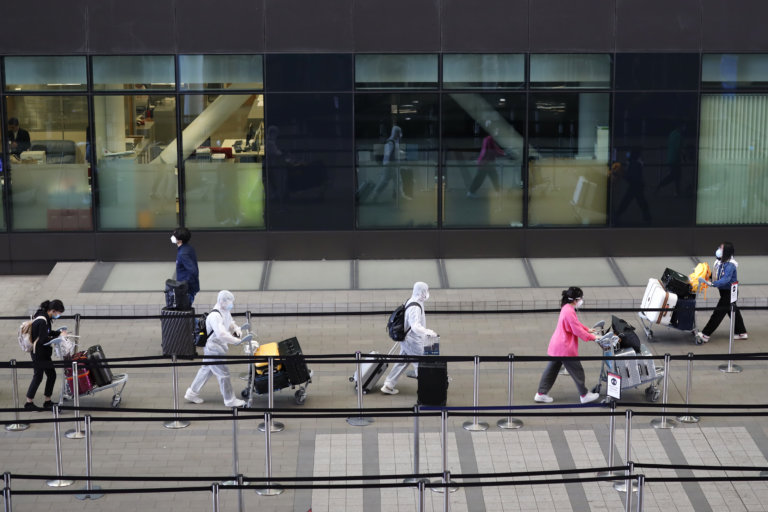
From August 2020, many international students from countries with a high number of positive COVID-19 cases would probably be travelling to their host countries to begin the fall term.
Countries like India and China, which recorded some of the highest number of infections worldwide, send the most citizens to popular study abroad destinations such as the US, UK and Canada. The US, another high-risk country with approximately four million active cases, now allows students to travel to Canada too.
What’s in store for these students when they arrive at their host countries? Will international students from these high-risk countries be treated differently? Are there special procedures for them to go through?
Here’s what’s likely in store:
Mandatory quarantine
Whether or not you plan to live on-campus, you’ll likely have to undergo mandatory quarantine once you arrive in your host country and be tested for COVID-19 before joining the university community.
According to Radio NL, Thompson Rivers University in Canada is setting aside approximately 100 beds for international students to quarantine in 2020.
Vice president of administration and finance Matt Milovick said that these beds are for students planning to live off-campus who need a place to quarantine in the meantime, and more will be set aside if needed.
“And we’re working through the logistics of providing meal plans and other services to them during that period. Because that will be tough, to be quarantined somewhere unfamiliar for two weeks. So I think we’re doing a pretty good job with that. We hope the students will come. We think the fall offering is going to be robust and a great experience, even though the campus experience will be somewhat limited.”
Susan Barker, the vice-provost in charge of student experience at the University of Calgary in Canada, told CBC that new arrivals will quarantine in residence, while those who lack living arrangements will be sequestered at local hotels.
Addressing the growing concerns about American students arriving to study in Canada, she said that students from the US are not being treated differently than those from elsewhere, and must also undergo quarantine.
In the UK, a large number of universities, including the University of Manchester, Imperial College London and UCL, will allow international students to arrive two weeks before the usual arrival date if the UK government requires them to undergo quarantine at the time.
A statement on the University of Manchester website reads, “Students whose permanent domicile is within countries required by the UK government to quarantine on arrival and who have booked University Halls of Residence will be able to arrive two weeks in advance of their accommodation contract start date in September with no additional charge for accommodation prior to the contract start date.”
In Australia, international students entering the country must also undergo quarantine at local hotels or special centres upon arrival.

Passengers wearing a face mask or covering due to the COVID-19 pandemic, arrive at Heathrow airport, west London, on July 10, 2020. Photo by Daniel Leal Olivas/AFP
Social distancing
Social distancing measures will be put in place, especially in common areas and dorms. According to The Tab, visitors will not be allowed in residence halls at some UK universities.
Imperial College and University College London have also stated that they will not be allocating twin or single rooms in halls that have shared bathrooms.
Communal areas will likely be reconfigured with social distancing measures in place, as well as one-way systems in areas that can get crowded.
Students can also expect increased disinfection and sanitisation of lecture halls, residence halls, and other common areas, as well as having their temperature checked before entering a class.

Passengers wearing face masks or covering due to the COVID-19 pandemic, have their temperature taken as they queue at a British Airways check-in desk at Heathrow airport, west London, on July 10, 2020. Photo by Daniel Leal Olivas/AFP
Face masks may be mandatory
It’s now mandatory to wear a face mask in the UK. Other countries are mulling to impose the same.
It is likely that students will be required to wear face masks and coverings during classes and whenever they’re on campus.
The Tab reported that the University of Exeter and Manchester are providing reusable and washable masks in welcome packs for international students returning in 2020.
Whether or not your university makes it compulsory, wearing face masks have been touted as one of the most effective ways to prevent catching the virus.
It’s a good idea to stock up on some reusable masks before leaving to study abroad.
Liked this? Then you’ll love…
New two-step Canadian study permit process for international students
Australian government to resume granting visas to international students







